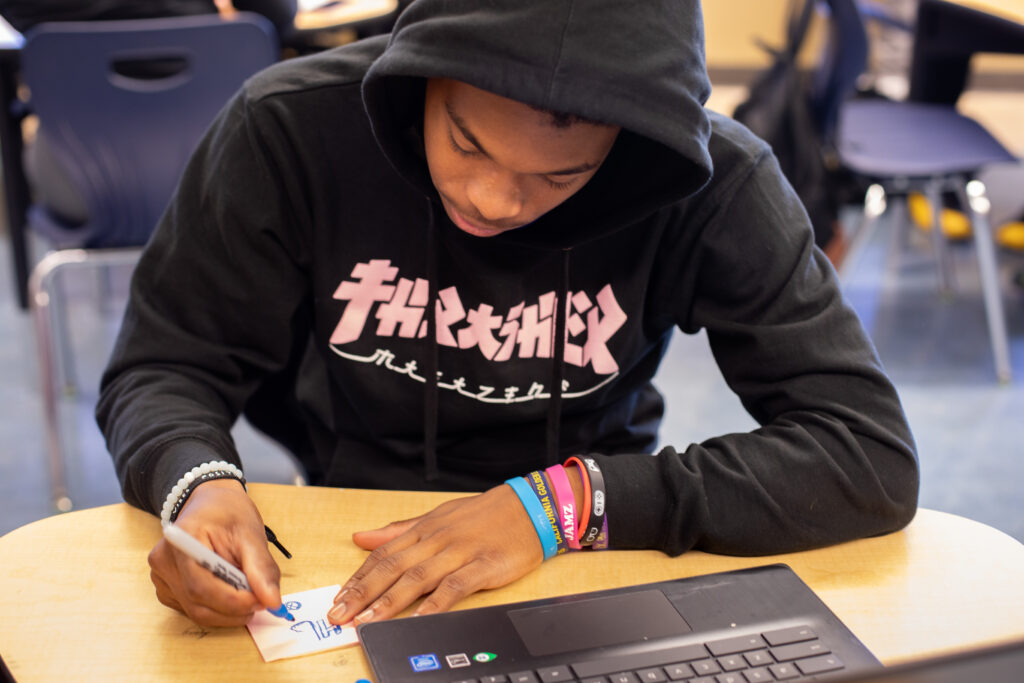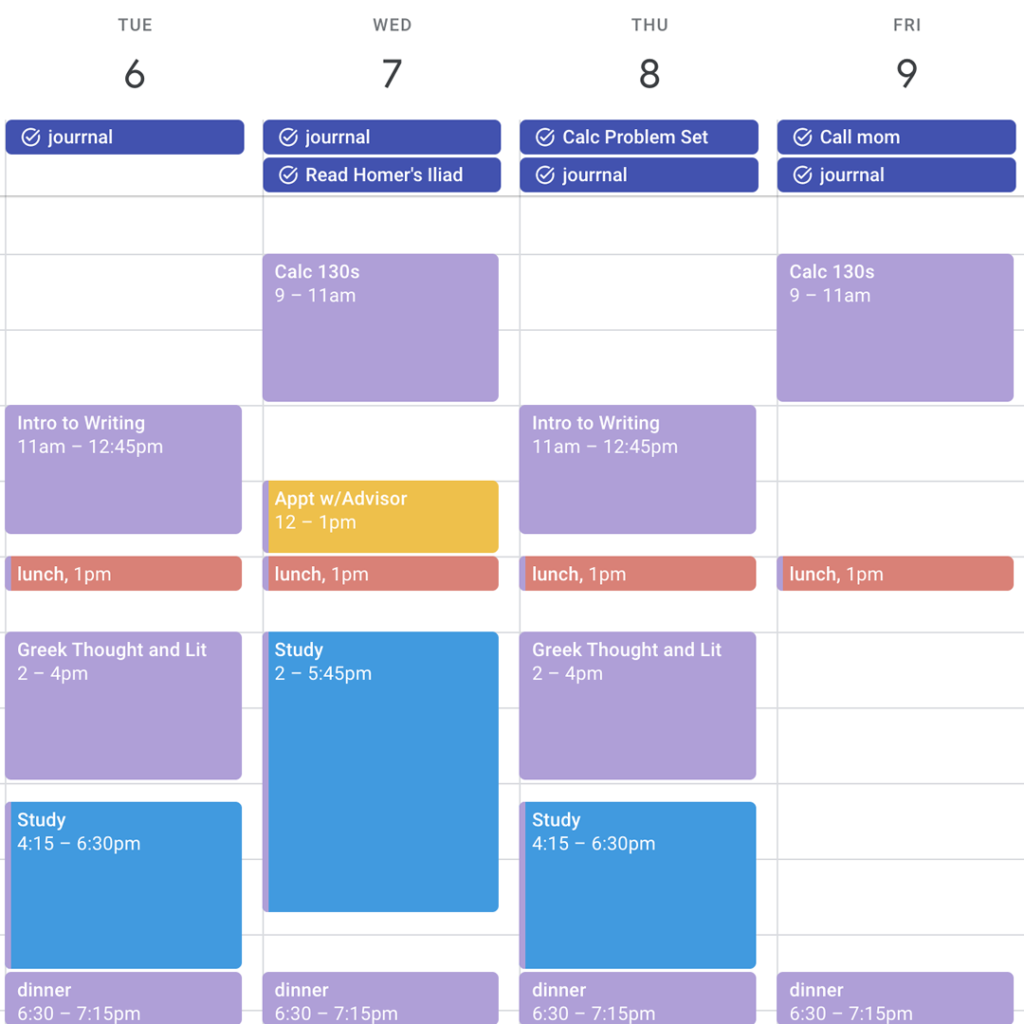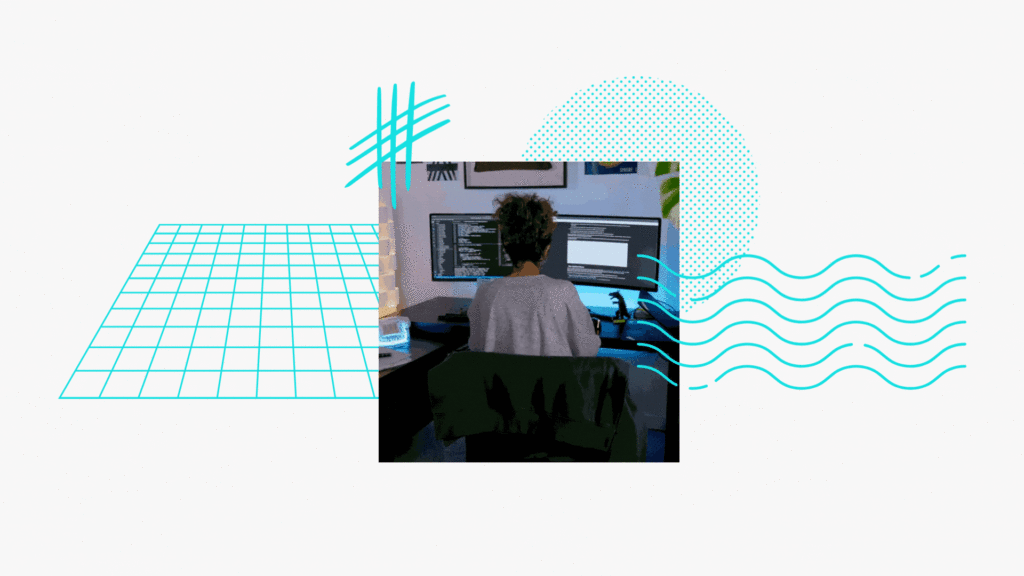Ace your exams with these strategies for studying

Studying is time you intentionally give to reviewing the lessons and content covered in class. Having an effective process for studying will help you to review course content more effectively and prepare for larger exams, like midterms or finals. There are a lot of different ways to study class materials, you have to find the method that works best for you. Below are tips to help you become the best studier you can be!

Where you study has an impact on your ability to stay focused, so consider these criteria when choosing your space:

Wherever you decide to study, a routine can help you get in the right headspace to study effectively.
Choose a specific time block for studying. Select a day of the week and time when your brain feels alert. Give yourself enough time to set goals for the study session, organize your materials, and settle into studying.
TIP: If you’re a full-time student, we recommend at least three 2-hour study blocks each week.
Schedule breaks. The brain can only concentrate at its highest capacity for 15-20 minutes at a time. So, take regular stretch breaks and keep the blood circulating to your brain. 60 seconds of movement is ideal!


Set yourself up for success by tailoring your environment to your needs.
Cut out distractions. Let your people know that you will be unavailable for the full length of your study block. Set your phone, streaming platforms, and anything else that might distract you aside.
Determine what helps you focus best. Some people like listening to a lo-fi playlist, classical music, white noise or complete silence. Do what works for you.

Studying isn’t re-reading every PowerPoint your professor has made available to you the night before the midterm. That’s more like “cramming” which could creates more stress and can lead you to studying the “wrong” things.
Here are some ideas for developing a study plan:
Use study strategies that jive with how you learn. Try out some of these techniques for yourself:
The Feynman Technique challenges you explain your topic either verbally or by writing it down in simple words (as if explaining it to a younger sibling). Review and revise until your explanation is clear.
The Pomodoro Technique is a focus tool that allows you to study in intervals. Whether you are rewriting notes, highlighting facts or mind mapping, set a timer for 25 minutes to work, then take a 5-minute break before getting started again.
Mind Mapping is visually organizing the information you’re studying by using images and icons that represent key concepts – like drawing or visualizing a zipper to remember how DNA works.

Take breaks in between your study sessions to help break up the cycle. In between studying, eat a healthy snack, drink water (no Red Bulls!), answer some texts, walk around, and stretch. Set a timer for yourself, so you can stay on track. The idea is to give your brain a chance to pause and reset before you start studying again.
Tip! Get a good night’s sleep each night. Pulling “all-nighter” can cause more stress and anxiety. Your body and your brain are still growing and sleep allows them to recover the energy needed each day to help you study and perform at your best.



Everything you need to know about joining one of these types of student organizations.
Read More
Tips for handling transportation in and around campus, while you are in college.
Read More
It’s different than high school but making friends in college is fun
Read More